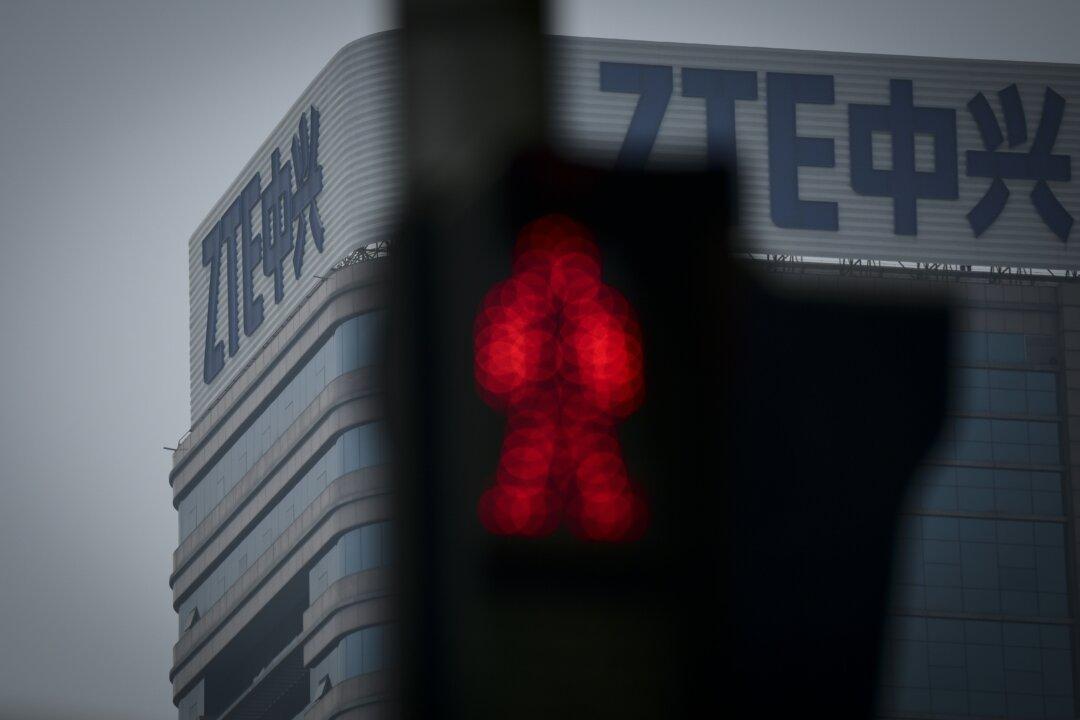Court documents newly unveiled from a civil lawsuit filed in Dallas, Texas, have revealed how Chinese telecoms giant ZTE bribed Liberian officials to win a contract to provide telecommunication services in the West African nation.
Meanwhile, American software developer Seven Networks has just filed a patent infringement lawsuit against ZTE, also in Texas.





